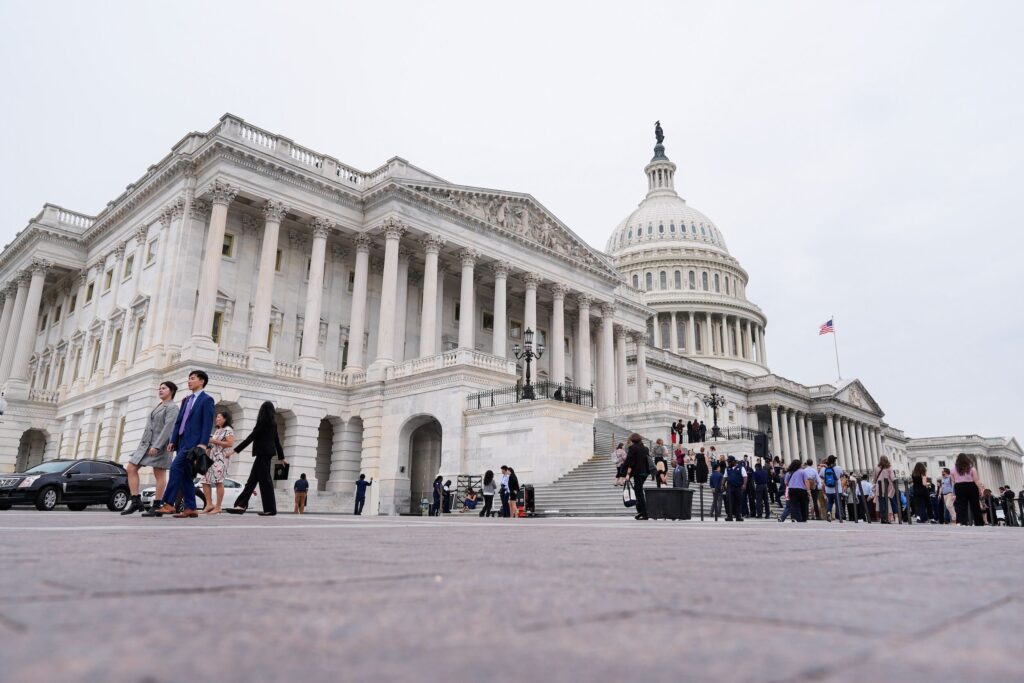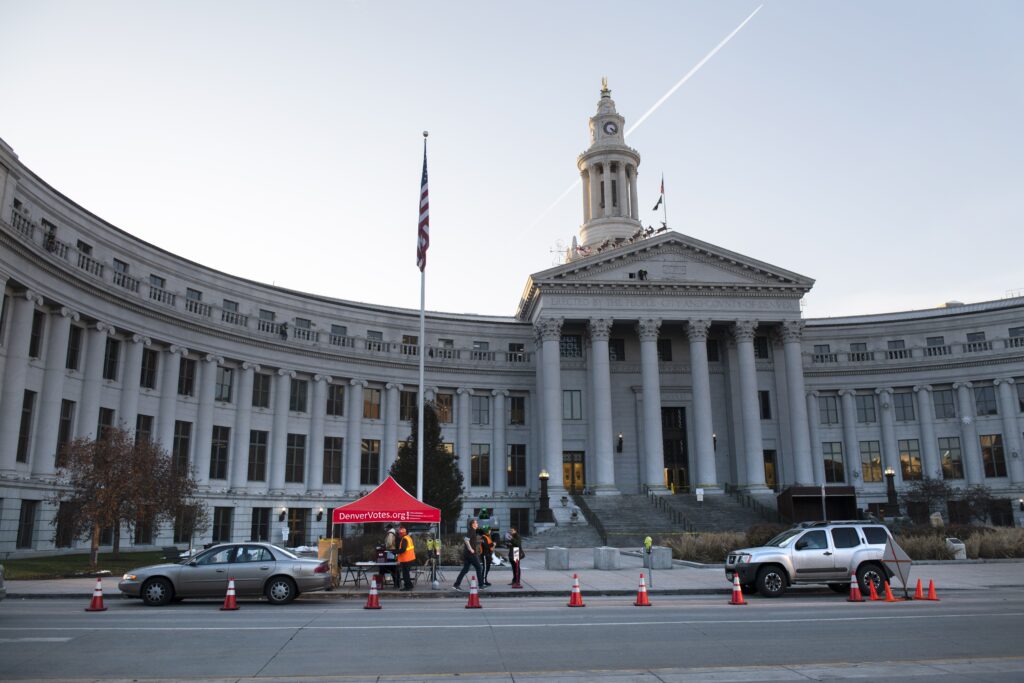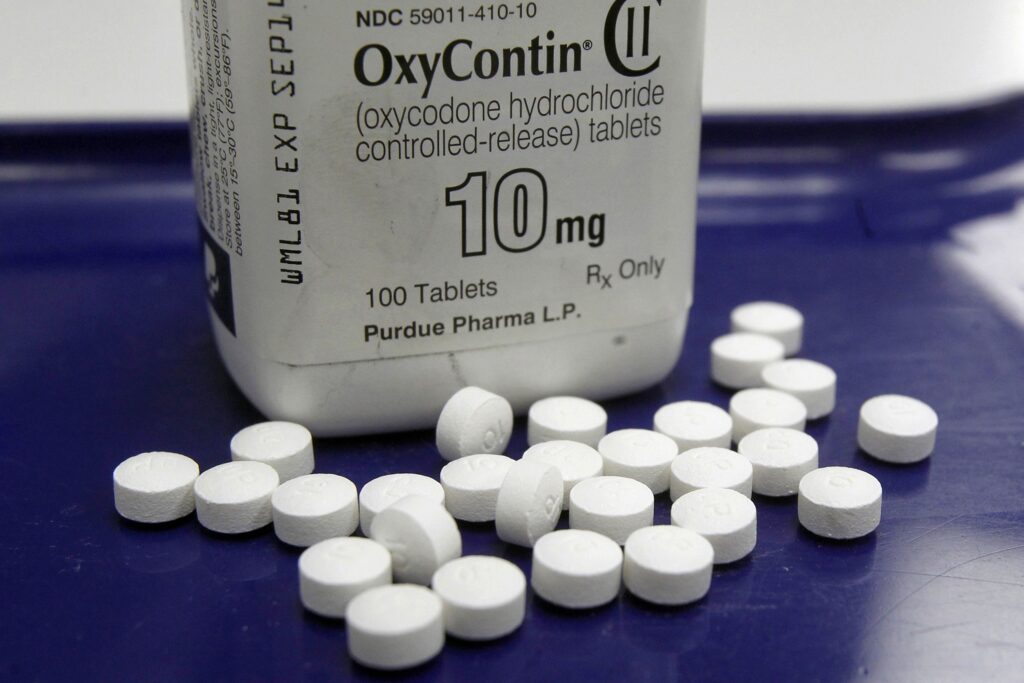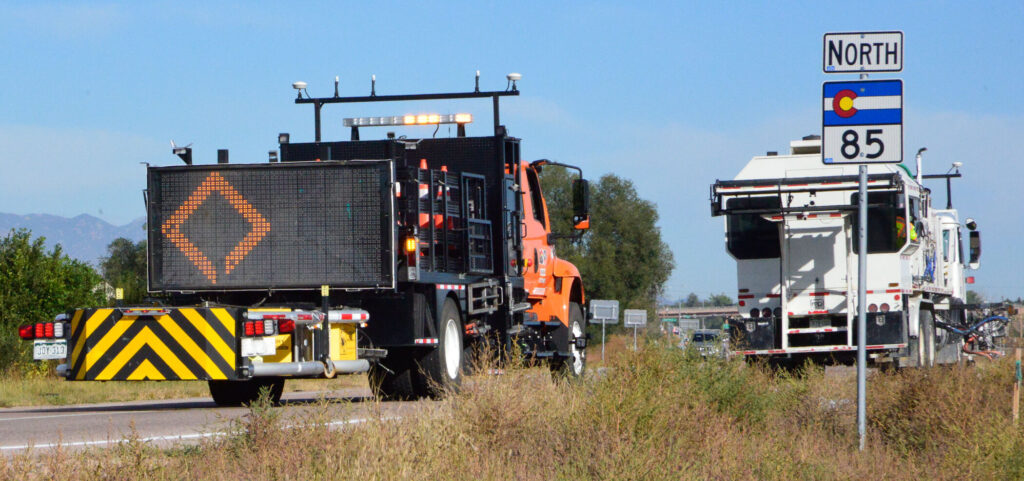Burning quesiton to refund pot money

When it comes to marijuana taxes, Colorado voters will probably be asking themselves in November — “Haven’t we done this already?”
Twice voters have approved ballot measures having to do with marijuana pot taxes and how they would be used. But the Taxpayer Bill of Rights requires that voters will have to take up the issue once again.
“Well it is deja vu all over again,” said Sen. Pat Steadman, D-Denver. “But TABOR is forcing us to vote again.”
Steadman is sponsoring a bill that was introduced in the Legislature on April 20 that would request permission from voters for the state to keep $58 million in tax revenue from the sale of recreational pot, which was made legal through 2012’s voter-backed Amendment 64.
That year, voters overwhelming approved that pot sales be taxed and that those collections go toward the funding of programs that include school construction. The next year, lawmakers developed a system of marijuana sales taxes that voters supported through Proposition AA.
So why the need for another sales pitch to voters to allow the state to do what Coloradans already approved?
“The voters approved this conceptually, but because of a glitch in the wording in the blue book we are in a position where we may have to refund the very revenue we were told we can keep,” said Rep. Millie Hamner, D-Dillon, also a sponsor of the legislation, which has been assigned as House Bill 1367.
Hamner was referring to language in the blue book — ballot information packets that are sent to voters for state elections — that provided an estimate on the amount of revenues and spending the state was expected to see this fiscal year. However, thanks to a strengthening economy, the blue book underestimated the surging tax revenues the state is actually taking in.
The TABOR provision triggers automatic refunds when tax revenues or spending exceeds estimates that were presented to voters whenever they consider tax questions on the ballot.
Therefore, the $58 million that the state has collected through pot sales and excise taxes could end up being refunded, if voters reject Steadman and Hamner’s effort.
Ironically, Steadman pointed out the pot tax revenue has nothing to do with the TABOR refund trigger.
“In fact (marijuana tax revenue) has come in about $10 million below what it was projected to be,” Steadman said. “Proposition AA taxes are not violating the TABOR limit, that’s not the reason for the refund. The reason for the refund is the blue book had in it other examples and estimates of what total state fiscal year spending would be and Colorado’s booming economy is violating that limit.”
Confused so far?
“It’s all very confusing,” Hamner said. “So I’m hoping we pass this legislation, get a measure on the ballot again to clarify this issue so that some of the revenue taxes from marijuana can be used for the intentions they were meant to be used.”
The bill breaks down what the state intends to do with the money. As promised in Amendment 64, $40 million would be transferred to the public school capital construction assistance fund. Another $12 million would fund services that include law enforcement programs, marijuana education and prevention programs and substance abuse treatment.
Hamner, a former Summit County schools superintendent, also notes that some of the money would go toward youth services that include drop-out prevention and bullying prevention programs.
The remaining $6 million would be assigned to the general fund.
House Bill 1367 also lays out the refund structure, if voters deny the ballot measure.
More than $13 million would be refunded in the form of a temporary retail marijuana sales tax reduction that would impose merely a .01 percent sales tax on pot sales from Jan. 1 through June 30 2016. Another $19.7 million would be refunded to marijuana cultivation facilities for all excise taxes collected during the 2015-2016 fiscal year.
And $25 million would be refunded to all taxpayers, which won’t amount to very much money per person.Steadman said “it would be a shame” if all that money had to be refunded.
“The things we are doing with the taxes I think are what voters had in mind when they said, ‘Legalize it and tax it,’” he said.Hamner hopes voters won’t be confused over the issue.
“I’m really worried about that, actually,” she said. “So we’re going to have to work really hard. It will probably be a very well-organized campaign, educating people about this issue. And we’re just going to have to work to get the message out and word the (ballot) question in a way that’s understandable to the voter.”
The bill has bipartisan support and should breeze through the Legislature. After that, a ballot question will go to the voters on Nov. 3.Steadman is confident that voters once again will support what they’ve already backed before.
“I think it’s a very confusing issue to understand why do we owe a refund, and I think there could be potential confusion with this measure,” he said. “But I think I constructed it in a way where the choices are very clear.”
— Twitter: @VicVela1












